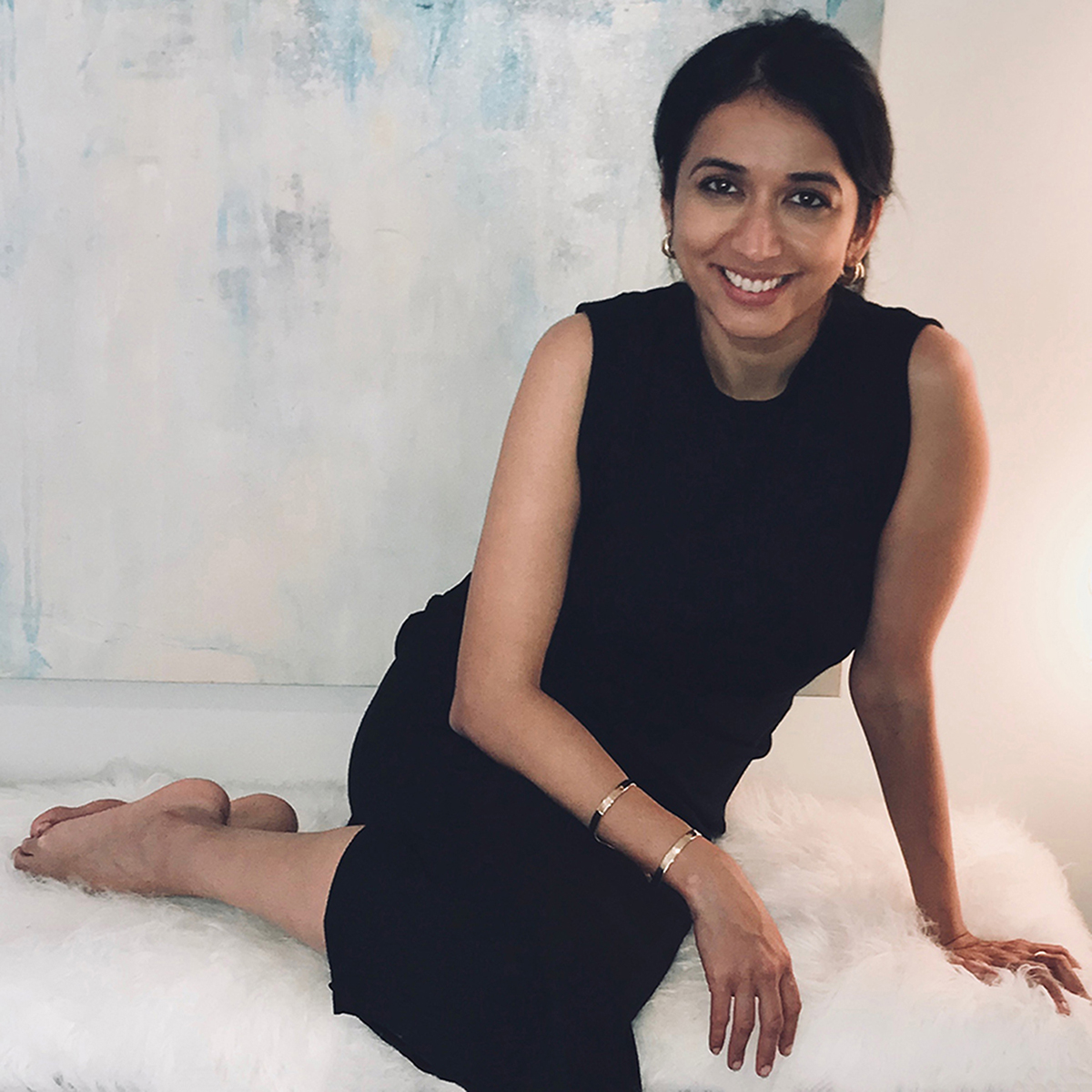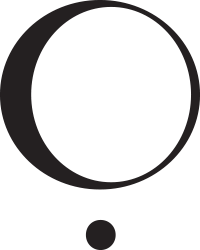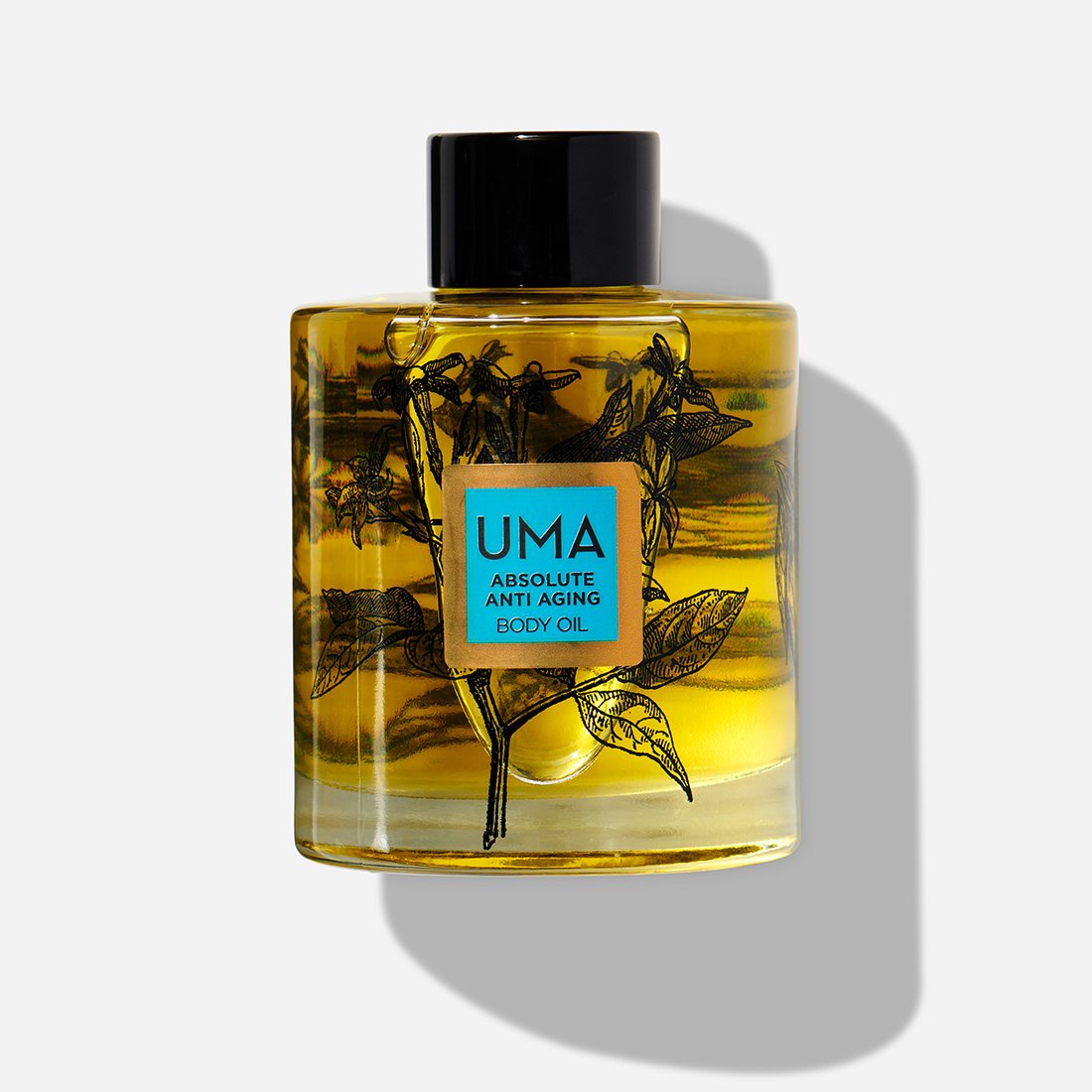
I read that you grew up with the values of Ayurveda. What is one of the most profound lessons you have learned?
To narrow it down to one is admittedly tough – but since I have to pick, I believe it would have to be “know yourself”. Simple, or trite, as that may sound – the very fundamental premise of Ayurveda is keeping your dosha in balance to thrive, and it starts with understanding what your dosha or natural state might be. I’ve found that it has far reaching, and positive, consequences – on health, happiness, intellectual endeavors – if you can understand yourself, give credence and priority to what truly works for you, and respect that everyday.
What is your first beauty memory?
My earliest memory of a beauty “rule” set by my mother was to never use a (traditional) face wash. Only gentle, good-enough-to-eat ingredients were allowed on our faces – gram flour, honey, oats – and even a warm washcloth was preferred over anything that could interfere with the natural pH and oil balance of the skin. I also remember masking with sandalwood and almonds, as early as about 12 years of age, for that deeper cleanse when needed – but never being allowed to use a store-bought face wash. While that rule didn’t stick in quite that draconian of a way over the years, I’m very glad to have learned the importance of preserving and nourishing my skin’s natural environment, rather than over-stripping it and leaving it more vulnerable.
Has maintaining a healthy lifestyle always been a component of your life? If not, how did your health journey begin?
Admittedly, I have meandered. Especially when I first moved to the United States, I was enamored with the crazy, exciting life that came with business school, and even my consulting career – and that involved lots of caffeine, little sleep, eating protein bars on the go, and essentially just running on adrenaline. It was incredible in its own right, but there was a toll on my health, mental balance, even appearance – which provided the impetus to go back to my older, Ayurvedic roots of seeking balance. So, it was a rediscovery if you will. And I wouldn’t say that I have the perfect health journey even now. Pre-Covid, I travelled a fair bit for work – and do my best in those circumstances, but I try to keep in mind that Ayurveda is a lifestyle of moderation, and that if I was creating stress for myself when I didn’t do everything 100% Ayurvedically – that’d be antithetical to its philosophy.
Is there a misconception of Ayurvedic principles that you wish to debunk?
There’s a few but I think the one I’d most like to debunk is that it’s complicated, and that you can only practice it after study – and with access. Au contraire – Ayurveda is fundamentally intuition – it’s listening to the true needs of your body and serving them to the best of your ability. Eating, drinking water, sleeping when it tells you to – it’s all within you, we just have to unlearn some destructive habits. Also – if you don’t know Ayurveda – I think it can feel “elite” if you think about the fact that only a select few may know about it (in the West particularly) – but it really consists of fantastically straightforward guidelines that anybody can integrate in their life to truly thrive.
What is an Ayurvedic treatment that you do daily without fail?
Tongue scraping. I cannot imagine my oral hygiene ritual complete without it.
For centuries, the Uma estate has farmed and crafted the world’s finest organic oils. When did your interest in the beauty business begin?
To be perfectly honest, at the inception of UMA – I didn’t think about it as a “beauty business” necessarily – I guess I still don’t. I felt like with all the heritage expertise of Ayurveda that my family has – we had something of value to offer. Yes, products are a part of what we do – and we always hope that they delight our customers in form and function – but my hope with UMA has always been a little more in way of providing authentic access to Ayurveda to all.
What do you do when you can’t sleep?
I rub my feet with oil, I press the fleshy part of my hand between my thumb and forefinger and I try to do a few rounds of alternate nostril breathing if my mind is really racing.
For many years, luxury products were very specific in terms of aesthetic. How important was it to you to expand the definition of ‘luxury’?
I think intuitively we all know that “luxury” should be broader than the aesthetic – how many 5 star hotels or restaurants are renowned for their aesthetic alone? – but beauty has been unique in that the definition oft reflects the packaging or the advertising, with little emphasis on the process or ingredients (although I believe that’s starting to change a little). However, I grew up with the understanding that time and expertise were the hallmark expressions of luxury as I’d never seen my family cut corners and deliver something less than perfect. I wanted UMA to stand for that.
Why do you think people are becoming more interested in the link between wellness and beauty?
Intuitively speaking – it’s hard to argue that your skin looks its best when you haven’t been sleeping well, or you’re going through periods of stress. I think the demands on our time and performance have grown manifold both professionally (how many of us don’t feel the urgency of responding to an email on our phones within minutes of receiving it?) and personally (being a good parent has quickly become about sending your child to the most competitive school or ensuring they’re in at least several after-school activities) – which is exacerbating issues of wellness, and sometimes we ignore the signs until they are visible – often in way of hormonal acne, hair loss, dull skin. That’s when many of us are forced to have that moment of reckoning, because we may be using the very same serums and tools, but they suddenly don’t seem to be working quite as well. A lot of tenets of Ayurvedic wellness – such as Yoga and breathing meditation – are already quite mainstream and practiced widely, often without people realizing that they’re in fact, very deeply Ayurvedic. Incorporation of Ayurvedic skincare and herbal remedies – from face oils to foods such as turmeric and ghee – is the natural next frontier in the exploration of a science that has a highly integrative/ holistic healing philosophy of mind-body balance, and that is deeply resonating with people.
Your company has a keen focus on sustainability. Do you have a company mission, or a sustainability goal?
I feel fortunate to have built UMA off of principles that were already set in place well before me, in way of sustainability (and more) – since we leverage all of my family’s production resources for our product. Areas I do pay keen attention to are choices in packaging (we use glass bottles, minimizing plastic and unnecessary “frills” – even though at the time we launched many experts did suggest adding in layers of boxing to indicate a luxury product) as well as shipping. While many of our policy decisions do optimize minimizing of waste during shipping – I’ll admit we still grapple with how to ensure safe product receipt while keeping the environmental impact small. We still don’t have all the answers – but a lot of time and consideration is given to ensuring we’re doing the best we can.
Do you eat food according to your dosha?
Most of the time. I love spice and having a hard time laying off it – but I’m good about most other foods.
Do you have a favorite oil?
From our range, I love our Ultimate Brightening Face Oil. Oils in general, I love Sandalwood Essential Oil best.
Do you have a least favorite oil?
Naw, that’s like not liking one of your children or pets!
Do you see any frequent mistakes when incorporating oils into a beauty routine? If so, what are they?
I think people sometimes forget that all oils are not created equal. They have key differences in nutrition quotients, costs, and importantly comedogenicity (how likely an oil is to clog pores). Coconut oil will not work for everyone, and grapeseed is a relatively inexpensive, underrated superstar for inflamed acne-prone skin. A natural oil will never behave like a synthetic/ mineral oil (think a dry oil for hair/ frizz control – which nearly always is synthetic). I think oils deserve some study of their ingredient profile when integrating into your ritual.
As a woman in charge of a beauty and wellness company, do you have any vices?!
Oh yikes, but of course! I’m somewhat easily frustrated (a standard pitta dosha imbalance) and I realize that my expectations can sometimes be unrealistic but what can I say, I’m a work in progress!
For you, what is the role of essential oils in a person’s beauty and wellness routine?
We use essential oils as actives in our products – be it for enhancing cellular turnover for alleviating signs of aging, or improving calm by pacifying your fight or flight response, and allowing greater access to your parasympathetic nervous system. Importantly, essential oils can also help support that connectivity with what your body is telling you by adding experientiality and mindfulness to rituals that you may be carrying out unthinkingly, and out of routine – such as applying your skincare. Those 2-5 minutes morning and night can be powerful moments of checking in with your body by getting drawn into the aromas and facial massages that underscore the power of touch. Essential oils can also magnify your meditation and self-reflection practice, making that moment of peace carry with you throughout the day as you smell the wellness oils on yourself later. Essential oils can help you sleep better, and give you more energy, which will greatly enhance everything from your mood to your relationships every day.


